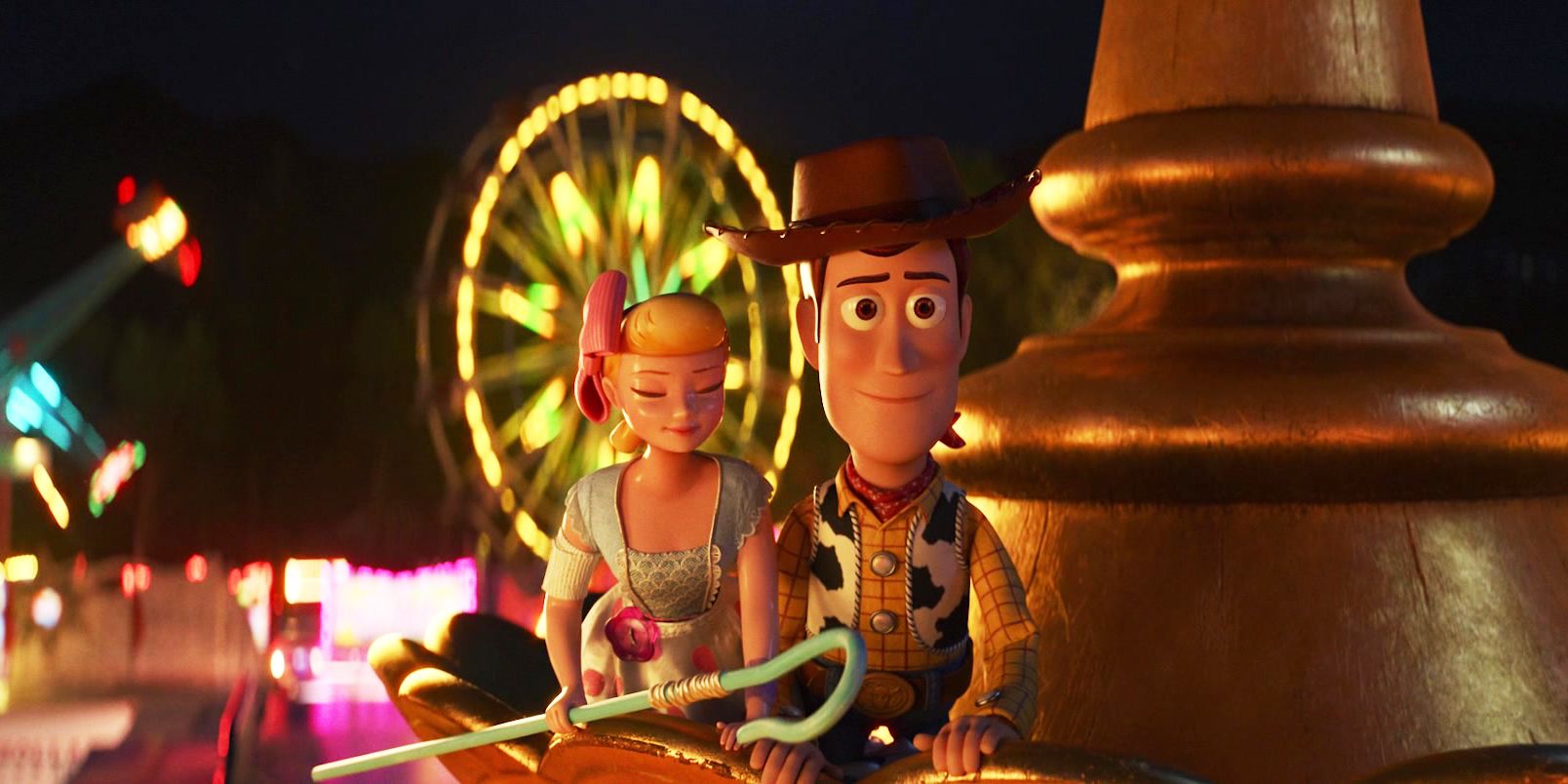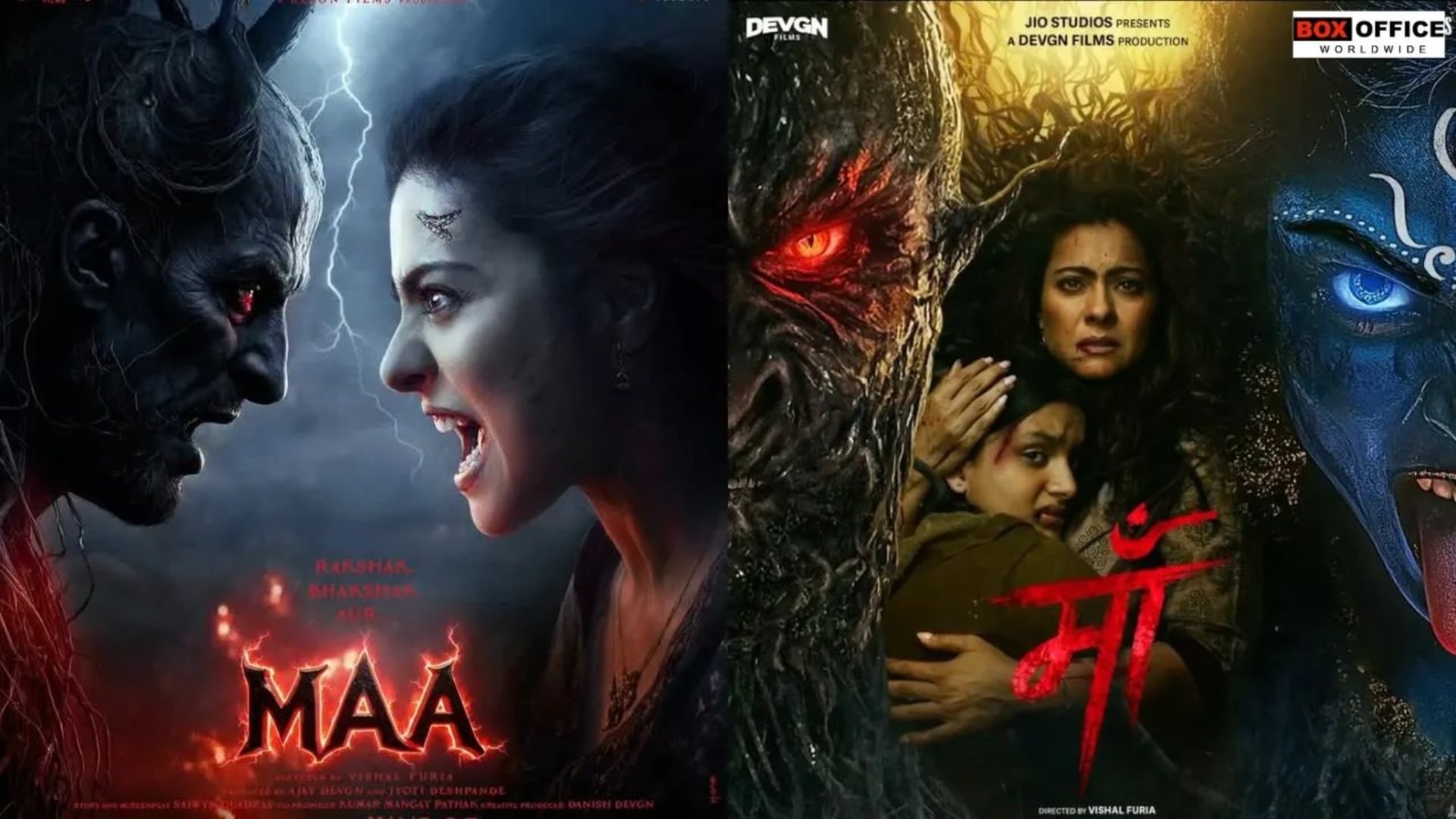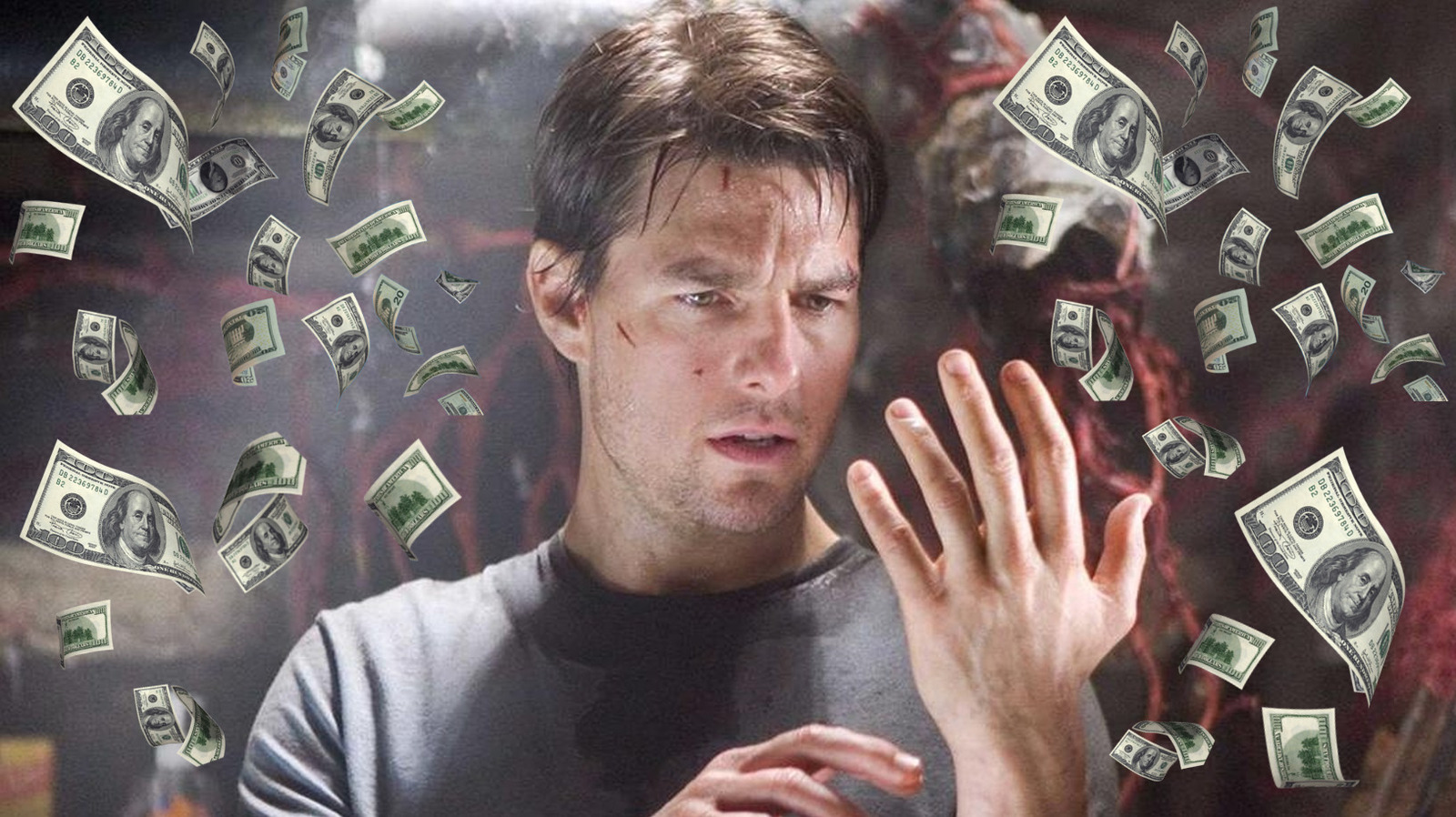Jurassic World Rebirth's Global Box Office Success & Franchise Future

Universal’s highly anticipated seventh installment in the long-running prehistoric series, “Jurassic World Rebirth,” roared into theaters, dominating the Fourth of July holiday weekend domestic charts with $147.3 million over its first five days across 4,308 North American theaters. This debut firmly positions it as one of the summer’s major hits. Globally, the film ignited with an impressive $318 million in its opening weekend, propelled by a massive $171 million from 82 international markets. Top international territories included China ($41 million), the United Kingdom and Ireland ($16.6 million), Mexico ($13.9 million), and Germany ($7.6 million). Despite its strong global performance, initial North American returns for “Rebirth” were significantly down compared to its immediate predecessors, with its $91.5 million traditional weekend opening falling behind 2015’s “Jurassic World” ($208 million), 2018’s “Jurassic World Fallen Kingdom” ($148 million), and 2022’s “Jurassic World Dominion” ($145 million).
This downward trend in domestic comparative sales signals a potential wear and tear on the 32-year-old franchise, which began with 1993’s “Jurassic Park” and has since expanded into theme park attractions and a sprawling film saga. Recognizing the diminishing returns common for long-running series, Universal smartly economized on the production budget for “Jurassic World Rebirth,” costing $180 million, a substantial reduction from the $250 million shelled out for prior “Jurassic World” films. While a billion-dollar gross, achieved by all three preceding trilogy films, is not strictly necessary for “Rebirth” to be a commercial success, Universal hopes this installment will launch a new trilogy, necessitating sustained interest from moviegoers.
“Jurassic World Rebirth” serves as a significant reset for the franchise, opting for an entirely new cast and a refreshed narrative. Directed by Gareth Edwards, known for “Rogue One: A Star Wars Story” and “Godzilla,” and penned by original “Jurassic Park” screenwriter David Koepp, the film revolves around a top-secret mission to find dinosaurs whose DNA holds the key to a wonder drug. The new ensemble cast includes Scarlett Johansson as the tough special-ops vet Zora Bennett, Jonathan Bailey as pragmatic paleontologist Henry Loomis, Mahershala Ali as adventurous ship captain Duncan Kincaid, and Rupert Friend as the shady Big Pharma hotshot Martin Krebs. This new direction aims to prioritize human characters over the imaginary threats, a dynamic that starts with Koepp’s script. The film is noted for its suspense over excess, commendable restraint in CGI use, and a refreshing return to practical locations and celluloid film stock, contrasting with the often artificial look of earlier “World” movies. While most dinosaurs are portrayed as menacing, the film also introduces moments of marvel, such as an elegant Titanosaurus mating ritual and an adorable, puppy-sized Aquilops named “Dolores,” suggesting a counterargument for the creatures’ right to exist. Critics and audiences generally showed more favor towards “Rebirth” than the previous “Jurassic World” trilogy, although overall reviews remain mixed, with some noting a lack of depth in new characters and an insufficient setup for future narratives.
A notable anecdote from the film’s development involves writer David Koepp’s original, more explicit draft of a dinosaur mating scene. Koepp revealed that his initial script described the scene humorously as: “They approach the dinosaurs in the field. Let’s just put it this way, they have eight legs between them, but only six are on the ground.” This version was ultimately scrapped for a more tender and visually impressive sequence in the final film, accompanied by a sweeping musical score, preserving the PG-13 rating while still conveying the mating ritual.
Scarlett Johansson’s involvement in “Jurassic World Rebirth” has propelled her to a new box office peak, making her the highest-grossing actress of all time at the worldwide box office, with her films collectively earning over $15.6 billion. This achievement underscores the increasing importance of long-term franchise strategy in modern movie stardom, demonstrating Johansson’s versatility and enduring appeal across diverse genres and her ability to lead within blockbuster ensembles.
Looking to the future, the “Jurassic World” franchise faces questions about its longevity and narrative direction, particularly after “Rebirth” portrays a world that has seemingly lost interest in dinosaurs. Some argue that a big-budget live-action streaming series, similar to "Monarch: Legacy of Monsters" or "Alien: Earth," could be a viable strategy to rebuild interest, fill narrative gaps, and allow for more developed characters and world-building, especially given the high production costs and volatile nature of streaming.
Beyond the prehistoric giants, the global box office saw other significant performances. Apple’s racing thriller “F1: The Movie” secured second place domestically, adding $26.1 million in its second weekend, bringing its North American total to $109 million and a worldwide gross of $293.6 million. “F1” has now surpassed Ridley Scott’s “Napoleon” ($221 million) to become Apple’s highest-grossing movie, although its $250 million production cost means it still requires substantial further earnings to justify its price tag. Internationally, “F1” collected $56.3 million from 78 markets, contributing to its $184 million overseas and $293 million worldwide totals. In Saudi Arabia, the local comedy “Alzarfa: Escape from Hanhounia Hell” surprisingly outperformed both “Jurassic World Rebirth” and “F1: The Movie” in its opening weekend, grossing $2.7 million from 213,000 admissions, highlighting a growing trend of Saudi films topping local charts.
Universal’s live-action “How to Train Your Dragon” remake placed third domestically with $9.7 million in its fourth weekend, reaching $224 million domestically and $516 million globally. Disney and Pixar’s animated adventure “Elio” struggled, taking $4.9 million for fourth place, bringing its North American total to just $54 million and $96 million globally against a $150 million budget, making it one of Pixar’s lowest-grossing films despite solid reviews. The zombie sequel “28 Years Later” rounded out the top five with $4.6 million, amassing $60.2 million domestically and $125.8 million globally. Meanwhile, Disney’s “Lilo & Stitch” remake is nearing the billion-dollar milestone with $972 million globally ($408 million North America), poised to become the year’s first billion-dollar blockbuster, with a live-action sequel already in the works.
Overall box office returns for 2025, buoyed by a strong Fourth of July holiday frame, are 14% ahead of the same point in 2024 but remain over 25% behind 2019, the last pre-pandemic year. Upcoming releases like “Superman” and “Fantastic Four: The First Steps” are expected to further boost summer cinema numbers.







_1751880097.jpeg)

:max_bytes(150000):strip_icc()/jurassic-1-082924-3f3eebf3600746a4b4199f61643fdb72.jpg)


